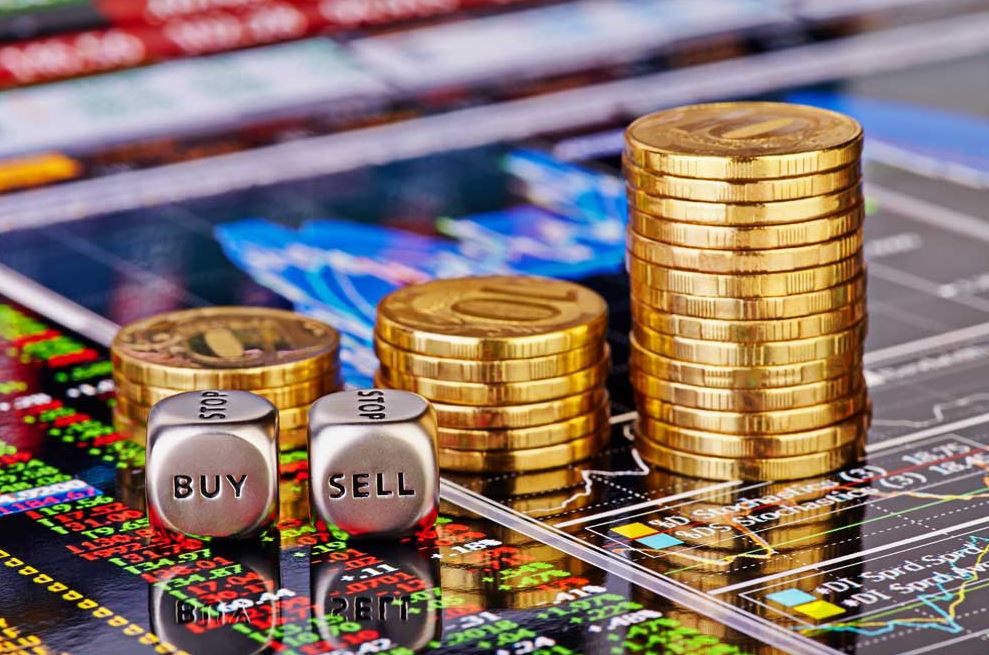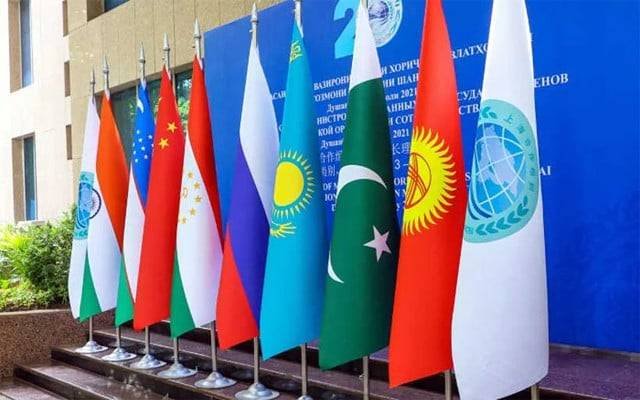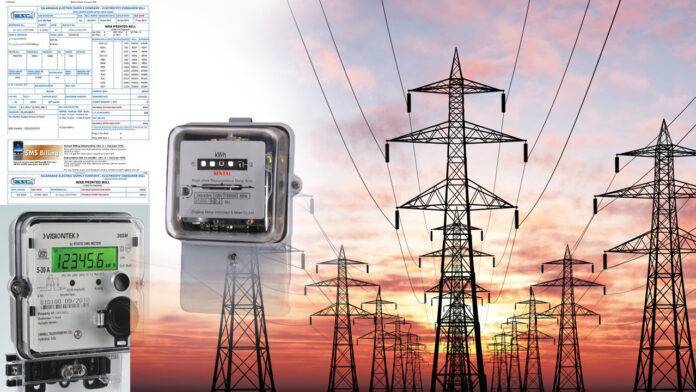Despite initial fears sparked by U.S. President Donald Trump’s sweeping reciprocal tariffs on over 180 countries, the Pakistan Stock Exchange (PSX) made a strong recovery, with the KSE-100 index closing at an all-time high of 118,938 on Thursday.
The day’s trading session was marked by volatility as markets reopened after the Eid holidays. In the early hours, selling pressure pushed the index to an intra-day low of 117,508.07 as investors weighed the potential impact of Trump’s tariffs. However, sentiment shifted positively later in the session after the Pakistani government announced a reduction in electricity tariffs, which boosted investor confidence. This announcement helped the index rally to an intra-day high of 119,179.45 before settling at 118,938.11, marking an increase of 1,131.37 points or 0.96%.
Trump’s decision to impose 10% tariffs on imports from numerous countries, including key trading partners like China and the EU, created a stir globally. The tariffs sparked immediate backlash from U.S. allies, with Australia and Italy condemning the measures. Additionally, Trump imposed a 29% reciprocal tariff on Pakistan, further fueling concerns of a potential trade war.
Despite these concerns, the market’s optimism was lifted by the federal government’s announcement of electricity tariff cuts. Prime Minister Shehbaz Sharif revealed a reduction of Rs7.41 per unit for residential consumers, bringing the price down to Rs34.37 per unit, while commercial users saw a Rs7.59 per unit decrease.
Last week, the PSX faced a volatile week and ended in the negative territory, with the KSE-100 index declining by 635 points, or 0.05%, on a weekly basis. The market had only four trading sessions due to the holiday on Jummatul Wida.
Internationally, stock markets slumped following Trump’s tariff announcement, as investors sought the safety of bonds, gold, and the Japanese yen, fearing that the tariffs could push the global economy closer to recession. The dollar fell to a six-month low, and U.S. bond yields dropped, signaling a higher likelihood of interest rate cuts. However, the tariffs are expected to contribute to rising U.S. inflation, further complicating the economic outlook.















